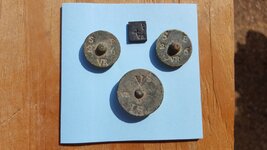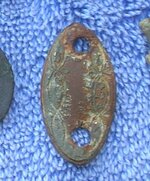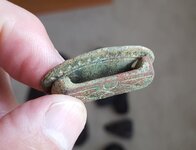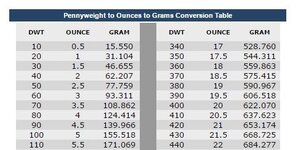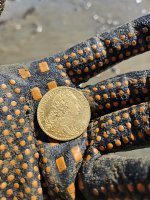Steve in PA
Gold Member
- Jul 5, 2010
- 9,588
- 14,154
- 🥇 Banner finds
- 4
- Detector(s) used
- Fisher F75, XP Deus, Equinox 600, Fisher 1270
- Primary Interest:
- All Treasure Hunting
Located a new site on Sunday, a small house site in a hayfield. The site appears to date from about 1790 to 1825. The grass around here is starting to grow fast, and conditions would have been better a month ago, but I did find a few things. I got a couple coppers – one a Draped Bust LC with a date that is a little tough to make out but I’m leaning toward 1800, the other is a 1795 Liberty Cap. I also found an odd copper ball that measures 1.17 inches and weighs 115.2 grams. The item I am most interested in finding more information on is the scale weight. I haven’t had a chance to research it very much yet. It appears to be an Apothecary weight. But it could be a coin weight although I think it’s too heavy for any coins that would have been circulating. It weighs 48.6 grams.
Here is my take from the first 3.5 hours:
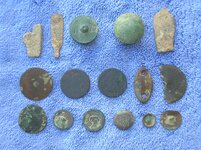
Here are the large cents. Unfortunately the details aren't very crisp.
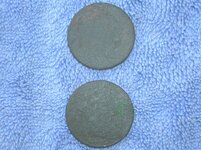
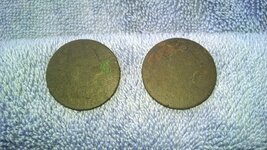
Here are several views of the weight. I would be interested in knowing what the markings represent.
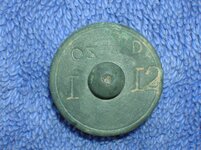
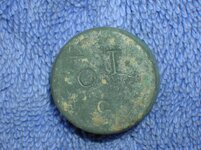
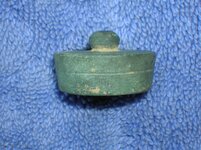
Thanks for looking. Hopefully I'll get some silver next time.
Here is my take from the first 3.5 hours:

Here are the large cents. Unfortunately the details aren't very crisp.


Here are several views of the weight. I would be interested in knowing what the markings represent.



Thanks for looking. Hopefully I'll get some silver next time.
Amazon Forum Fav 👍
Upvote
22


